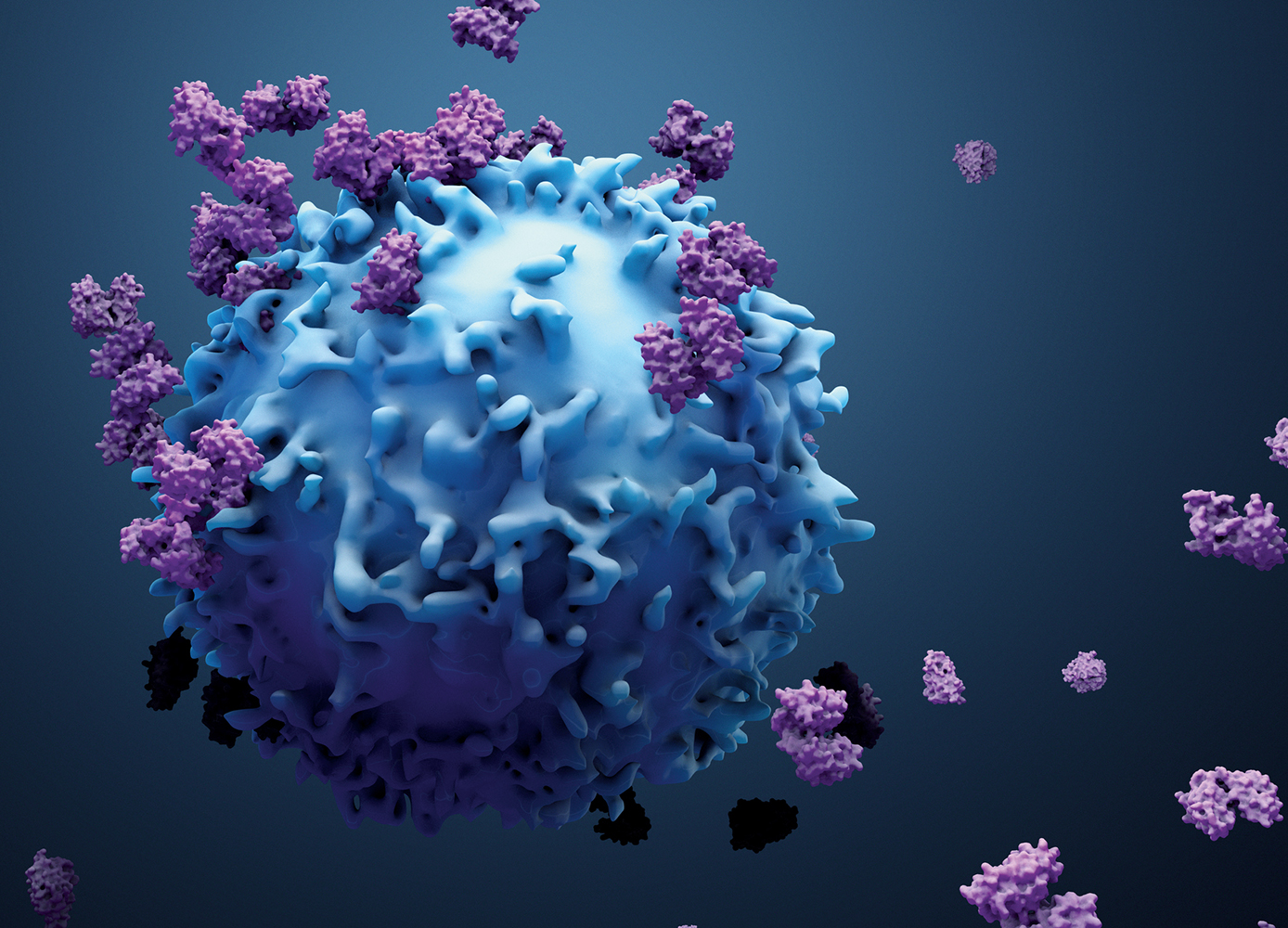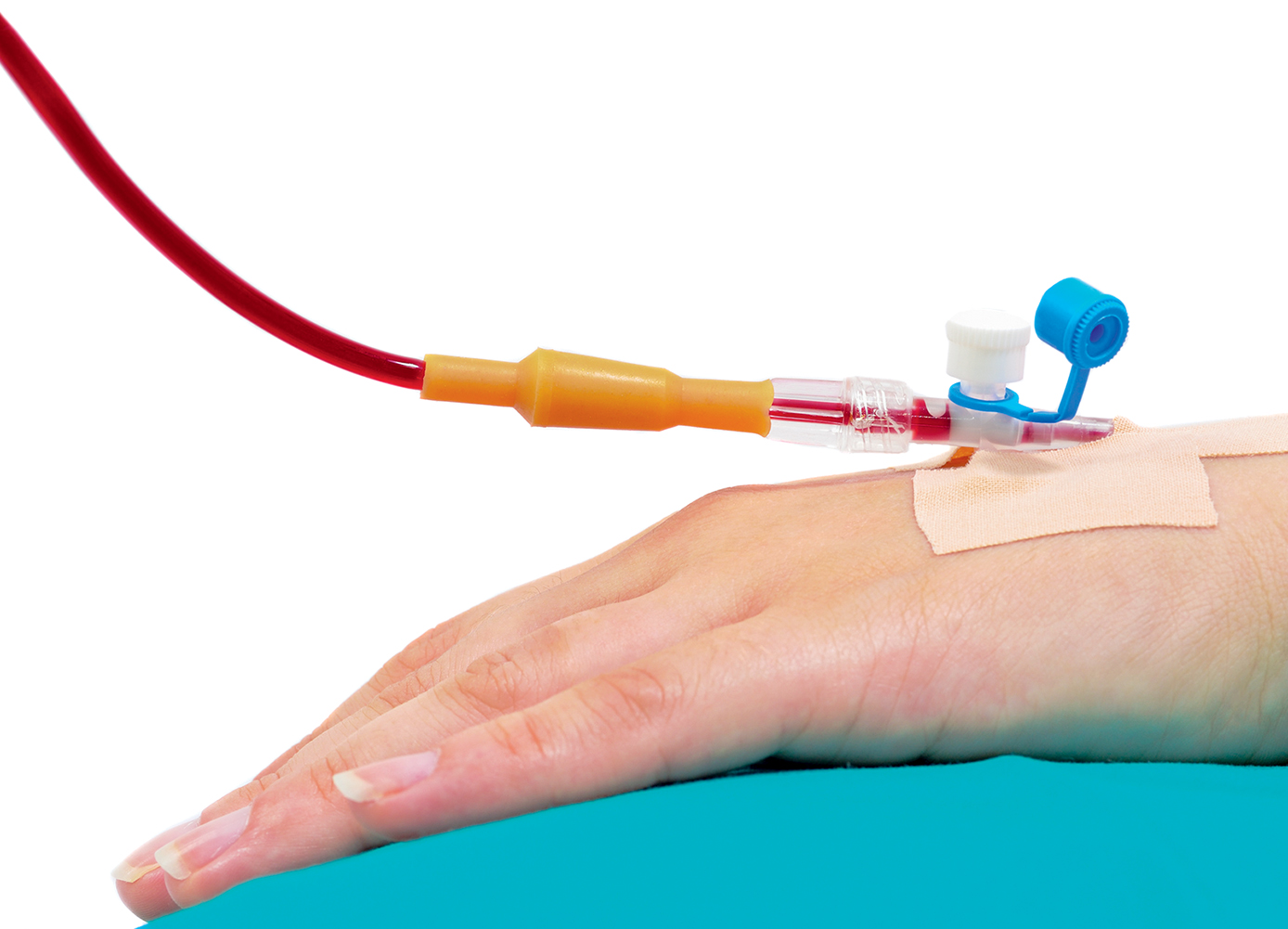In the popular feature “Your Health Questions,” experts address questions submitted by our readers about health, nutrition, and well-being
By Wendy Haaf
Photo: iStock/Design Cells.
Q. I recently read an item on Facebook (attributed to what sounds like a cancer organization) claiming that rather than killing cancer cells, radiation therapy promotes the growth and spread of malignancy, allowing cancer to grow back with even greater force. I’ve never heard this before. Is it true?
A. First, let’s tackle whether the item is from a credible source, since organizations that promote unfounded claims sometimes cloak themselves in legitimate-sounding names. A quick Google search revealed that the group in question (The Truth About Cancer) is in fact the title of an online video series that’s billed as a documentary but promotes a point of view that’s completely unsupported by science, namely that alternative therapies can cure cancer and that conventional treatments are a cruel sham. So we’re already off to a shaky start.
Now, on to the substance of your question. “We have no clinical or epidemiological evidence that radiation, given to someone with cancer, can cause the cancer to spread,” says Dr. Jonathan Sussman, a professor in and the chair of the Department of Oncology at McMaster University and a radiation oncologist at the Juravinski Cancer Centre in Hamilton, ON. (Remember, radiation has been used in medicine for 120 years and hundreds of thousands of patients have participated in epidemiological studies of its use in treating cancer.) Nor is there any research—in humans or otherwise—to support this theory, he adds. On the other hand, we know from large trials that radiation in fact reduces the risk for recurrence in the types of cancer it’s used to treat, and that it can even increase the likelihood of a cure in other types, such as Hodgkin’s lymphoma.
What seems to be happening here is that, like many other pseudoscientific ideas, the statement contains a crumb of truth: namely that there is a slim chance of developing a cancer in the radiated field decades later. (Interestingly, for reasons we don’t fully understand, younger people are more susceptible to such secondary cancers.) In other words, like any other medical intervention, radiation treatment carries small potential risks that must be weighed against its proven benefits.
Take breast cancer, for example. “In most cases when a woman comes to see me following her breast surgery, I tell her, ‘There’s a 70 per cent chance you’re already cured, and if I give you radiation, it goes up to about 90 per cent,’” explains Dr. Danny Vesprini, an affiliate scientist at the Sunnybrook Research Institute and an assistant professor in the Department of Radiation Oncology at the University of Toronto. “If you don’t have the radiation, there’s about a three per cent higher chance of dying within the next 10 years.”
On the other side of the scale, “when we give radiation to a 70-year-old woman, her risk of developing a second cancer is about 1 in 3,000” over that same decade, Vesprini says. That means the numbers stack up in favour of radiation even if you don’t consider the improvement in the odds of curing the original cancer. “Even if I had a crystal ball and knew that the lady in front of me was that one person in 3,000,” Vesprini says, “we would still recommend treatment, because she’s more likely to die of the original cancer before she might develop the second.”
Finally, there’s even some new evidence that in some cases, in addition to reducing the risk for local recurrence, radiation may modestly reduce the chance of the cancer springing up elsewhere in the body. In two studies, including a large Canadian trial, when women with node-positive breast cancer received radiation treatment to the adjacent lymph nodes, “it was found that the likelihood of developing a recurrence of the cancer more distantly was also reduced,” Sussman says.
It’s natural to be nervous if you’re facing radiation treatment, but it’s still one of the most effective tools we have for keeping cancer at bay.






